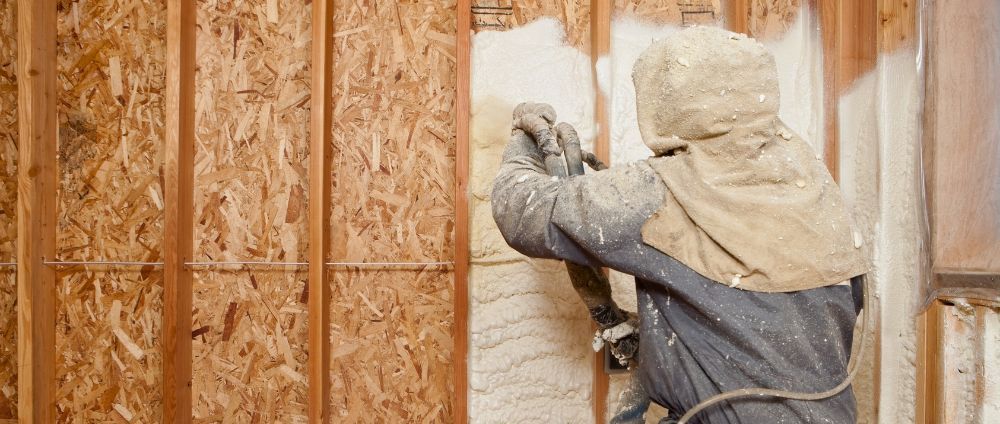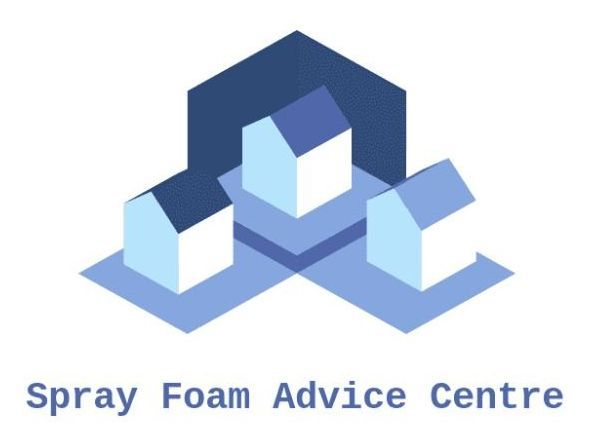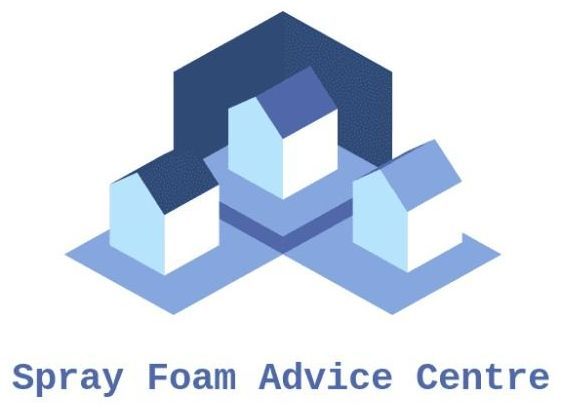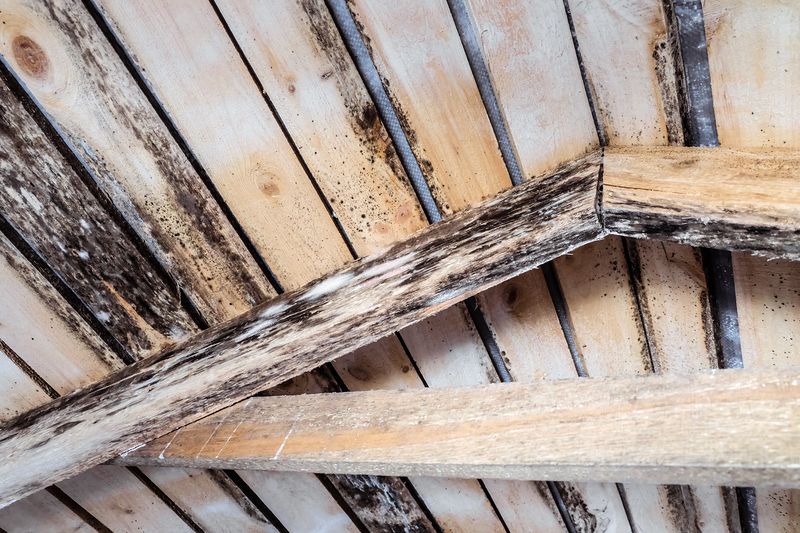What does Adam know about The Spray Foam Advice Centre?

Understanding Spray Foam: Insights from Expert Adam Gough
When it comes to home insulation, one name that stands out in the industry is Adam Gough. With years of experience under his belt, Adam has cemented his expertise in spray foam insulation, a product known for its efficiency, versatility, and effectiveness in maintaining comfortable indoor environments. This article will explore Adam’s journey into the world of spray foam, his insights regarding its advantages, and his advice for homeowners considering this innovative insulation solution.
A Journey into Insulation
Adam Gough's journey in the insulation industry began nearly a decade ago. An engineer by training, Adam was initially drawn to the field due to his passion for sustainable building practices and energy efficiency. He recognized early on that conventional insulation materials often fell short in performance and sustainability. This realization led him to explore alternative insulation options, eventually discovering spray foam.
As he delved deeper into the world of spray foam, Adam became fascinated by its unique properties. Unlike traditional insulation materials such as fiberglass or cellulose, spray foam expands upon application, creating an airtight seal that significantly reduces air leaks. This sealed environment not only improves energy efficiency but also enhances indoor air quality by minimizing the infiltration of allergens and pollutants.
The Science Behind Spray Foam
Spray foam insulation is made from two primary components: isocyanate and polyol resin. When these materials are combined, they undergo a chemical reaction that causes them to expand rapidly. This expansion allows the foam to fill gaps, cracks, and cavities, making it an ideal choice for irregularly shaped spaces.
There are two main types of spray foam insulation: open-cell and closed-cell. Open-cell spray foam is lighter and less dense, allowing for greater flexibility and sound absorption. It is perfect for interior applications where thermal resistance is needed, but vapor diffusion is acceptable. Conversely, closed-cell spray foam is denser and provides a higher R-value, making it suitable for exterior applications where moisture and air infiltration are concerns.
Adam emphasizes that the choice between open-cell and closed-cell spray foam depends on the specific needs of the homeowner and the characteristics of the building being insulated. Understanding these differences is crucial in making an informed decision.
Benefits of Spray Foam
One of the most significant benefits of spray foam insulation is its energy efficiency. By creating a continuous air barrier, it prevents drafts and reduces the workload on heating and cooling systems. This can lead to substantial savings on energy bills, making spray foam an attractive option for eco-conscious homeowners.
In addition to energy savings, spray foam insulation has excellent soundproofing qualities, making it ideal for homes located in noisy environments. Adam notes that many homeowners report a noticeable reduction in outside noise after having spray foam installed, resulting in a more peaceful living space.
Furthermore, spray foam is known for its durability and longevity. Unlike traditional insulation materials that may sag or settle over time, spray foam maintains its shape and effectiveness for decades. This long-term performance is an essential factor that homeowners should consider when evaluating their insulation options.
Expert Advice for Homeowners
As an expert in the field, Adam Gough understands that homeowners considering spray foam insulation often have numerous questions and concerns. Here are some of his essential tips for navigating the insulation process:
1. Understand Your Home's Needs: Before making any decisions, homeowners should assess their specific insulation needs, considering factors such as climate, building age, and energy usage. This evaluation will help determine whether spray foam is the most suitable option.
2. Consult with Professionals: While many homeowners may feel tempted to DIY their insulation projects, Adam strongly advises consulting with experienced professionals. Proper installation is critical to ensuring that spray foam performs effectively, and professionals can help guide homeowners through the options available.
3. Consider Long-Term Investment: Although spray foam may have a higher upfront cost compared to traditional insulation materials, Adam encourages homeowners to think of it as a long-term investment. The energy savings and extended lifespan of spray foam provide valuable returns over time.
4. Evaluate Health and Safety: Homeowners should also consider the health and safety implications of insulation materials. Spray foam insulation can emit harmful chemicals during the installation process, making it essential to hire certified professionals who follow safety protocols.
5. Research the Products: Not all spray foam products are created equal, so it's crucial to research and choose high-quality materials. Adam suggests looking for environmentally friendly options that meet industry standards and certifications.
Conclusion
In a world increasingly focused on energy efficiency and sustainable building practices, spray foam insulation stands out as an innovative and effective solution. Adam Gough's expertise and insights offer homeowners a valuable resource when considering this product. By understanding the science behind spray foam, weighing its benefits, and following expert advice, homeowners can make informed decisions that enhance their living spaces, save on energy costs, and contribute to a more sustainable future. Whether you’re building a new home or retrofitting an existing structure, Adam’s knowledge can help guide you through the complex landscape of insulation, ensuring that you choose the best solution for your needs.











